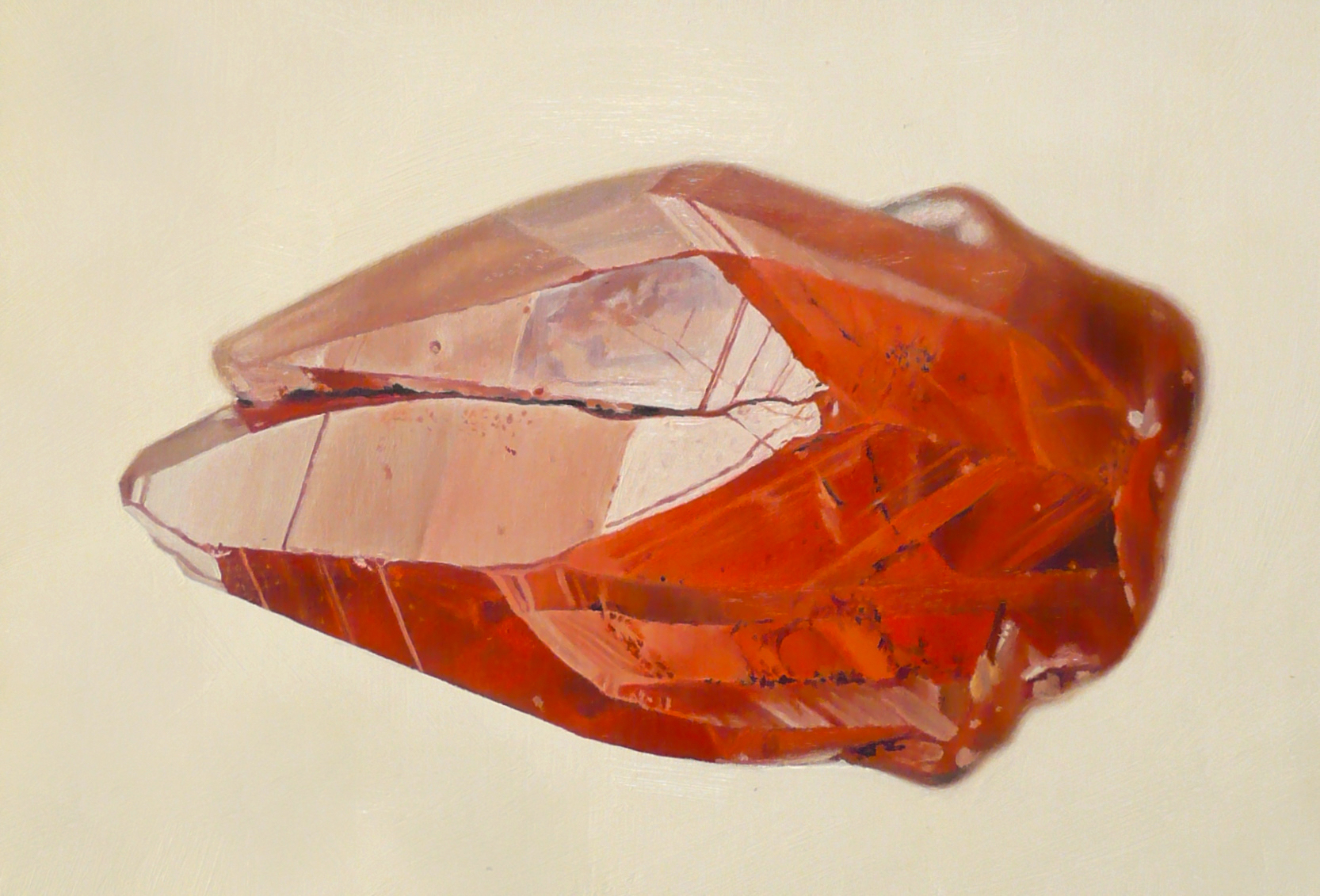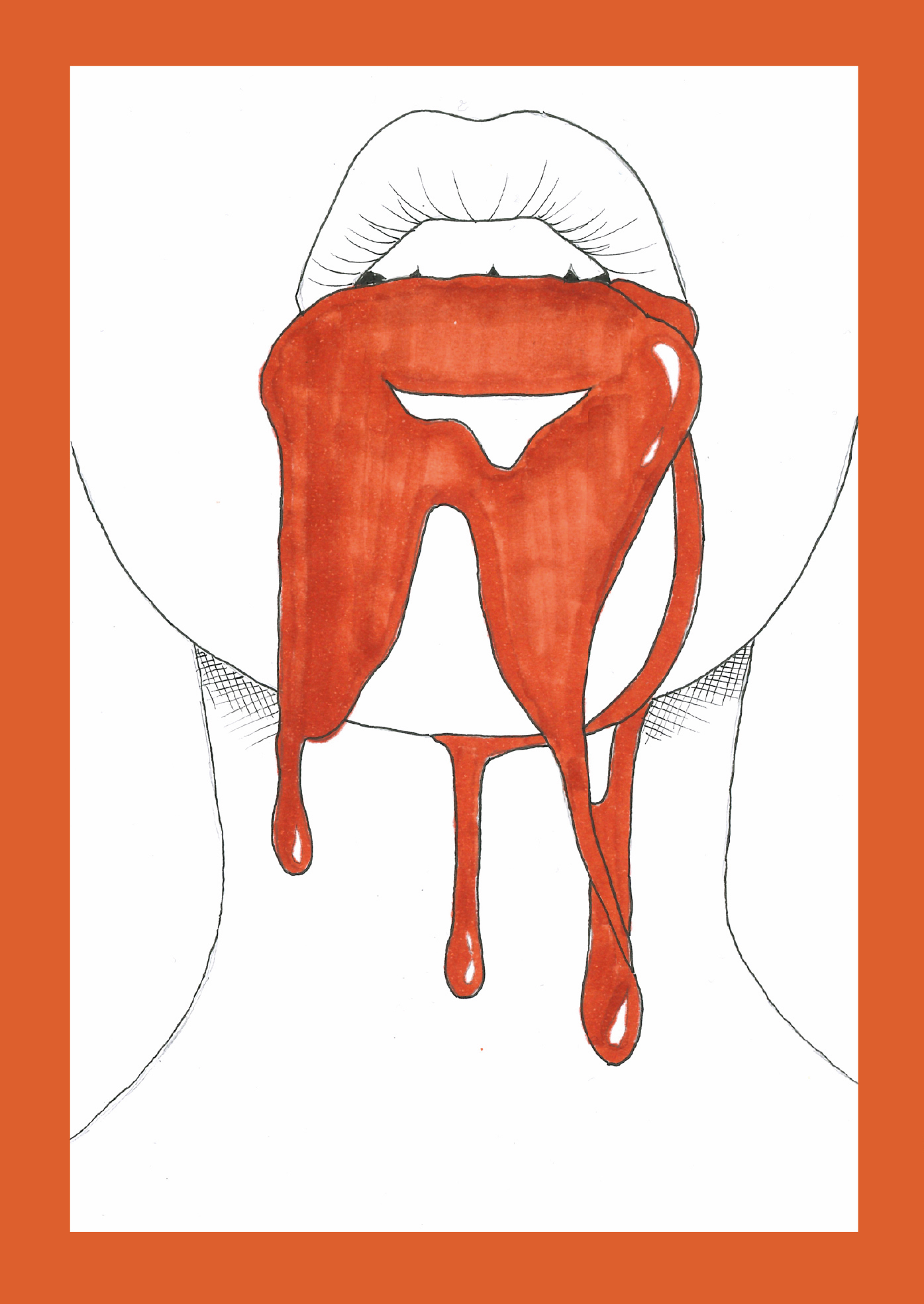
The ISIS Short Essay Competition: “O tell me the truth about love” (W.H. Auden).
A mathematician’s perspective
The science of love: instead of The One, there’s a distribution of Ones, everyone in the world has a number that tells you how compatible/suitable/loveable they are to you. Above a certain threshold we call it love. There exist algorithms to optimise your chances of ending up with a One; for example, if you want to have a maximum of ten partners in your life, dump the first four then marry the next person you find who is better than all of the first four – statistically, this gives you the best odds. The behavioural patterns in a couple nearing divorce mimic those of countries in an arms race… really you can model anything, but I don’t think any of this really gets to the heart or the truth of love itself, so let’s talk more abstractly. The concept of truth, I think, is best understood as mathematical truth; a logical and sensible truth, because that is the only idea of truth I have come by that has never caused me hesitance or doubt. And so through a mathematically inspired argument, I will attempt to tell you the truth about love.
Firstly, let’s talk about infinity and nothing; specifically infinities that are uncountable and nothings that are null sets. Take a collection of ideas. If there are so many of them, that not only can I not give you any form of a guess as to how many there are, but I also can’t find a way to order them to even begin the counting process, then we’ll call our ideas uncountably infinite. If I pick out just a few of these ideas, and I can count them from beginning to end, then we’ll call these ideas a null set, in the sense that they are inconsequential in comparison to the initial collection and, although they may have merit in themselves, they are effectively irrelevant in the big picture.
So love, from all the wise and thoughtful people that have spent a long time thinking it through, seems to be a lot of things and throughout all of the past, the present and the future, could probably be described as an uncountably infinite lot of things. For example, love, I’ve been told, is like a rubber band, and a butterfly, a plant, a puzzle, falling asleep. But just as it’s as flexible as a rubber band, as delicate as a butterfly, as evolving as a plant, it is also as unmoving as a rock and, just as it is as confusing as a puzzle and as mysterious as sleep, it’s as clear as divine inspiration. It’s as unstoppable as war, but as powerful as peace, as subtle as a whisper but as earth-changing as a gunshot. In essence, the way love has been materialised is riddled with contradictions, and so although there may be some close to perfect similes out there, I believe that almost surely (for all apart from a null set), we can discount these answers and instead take from them that language, as it stands, is insufficient to describe love, and our fault is not in the attempt, but the medium. Maybe other forms of expression like art, music or movement may come closer, but in the inherent subjectivity of art I believe we would arrive at the same conclusion. And of course, love may indeed be different for different experiencers but if we are searching for the truth, it would seem sensible that this be the universal bit of our definition.
Love as a belief or idea, a god-like entity, seems to fit slightly better, so let’s approximate as such. Here’s my proposed model: love exists but the fact that love exists is unprovable. Love can be defined, but it would take an uncountably infinite collection of thoughts and ideas to do so. Like an irrational number, we can describe it constructively, we can optimise it and approximate it, but we can never write it down from beginning to end. By definition, it cannot be captured by any poem or and painting, and any attempt at telling you the truth about love is doomed to be but a null set of the whole definition and is therefore irrelevant.
To complete the argument, we delve deeper into the abstract, the king of maths: logic. Gödel’s first incompleteness theorem says that if we start with a consistent set of axioms (a group of assumptions that don’t contradict each other) then out of the set of all things that are true given those axioms, not all can be proven. More simply put, there exist truths which we can prove to be unprovable. Let’s choose our axioms to be life itself and the ways of the world and assume them to be consistent (as if not, then nothing makes sense and there’s no point in much at all). The truths we can derive are all the things that we know: culture, science, religion. Some have been proven; some are yet to be and by Gödel, there some that are true, but have not and will not ever be proven. So let’s ask ourselves which truths the unprovables will be? Which beliefs in life are we least likely to find true reason for? It seems obvious that it shall be the set of truths uncountably infinite in definition; those on the opposite side of the spectrum from maths and science, truths like happiness and love.
So in conclusion, the truth about love cannot be told in the finite or even infinite time we have left, never mind a 1,000-word essay, and I will leave those more creatively minded, those who have experienced more of love and life to continue on the quest of doing so, because all I can prove is that love is (maybe) unprovable, unknowable, and would suggest, that rather like chasing infinity, the reader does give up and chase love instead of the truth about it, and trust me that mathematically you’d be far more likely to be successful.
Shortlisted entry in The ISIS Short Essay Competition, Hilary Term, 2015.
“This is a novel approach to a very tricky topic, and makes the reader think hard, as the best essays do… The divorce arms race is a telling and chilling image.” – Dame Margaret Drabble
“Very interesting reflections of love and mathematics and nature. Highly original.” – Stephen Fry
“This was an ingenious attempt to think differently about a clichéd subject. It gives oxygen to the idea that love is unknowable.”
– Andrew O’Hagan
Photo by Carly







